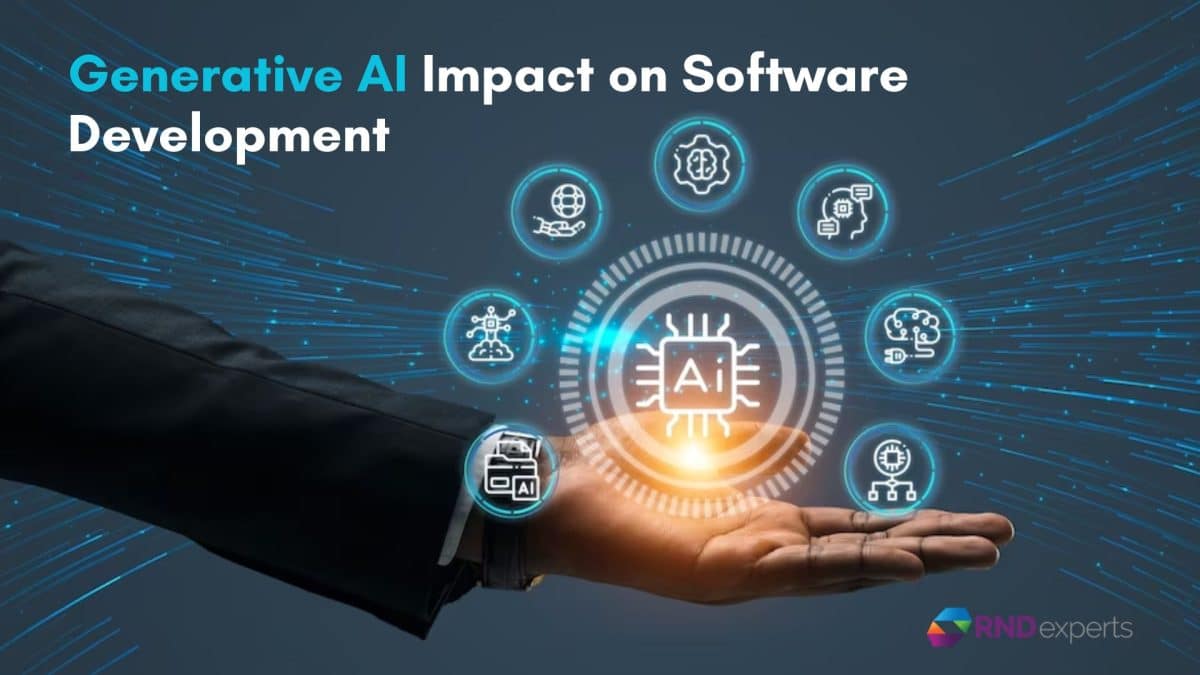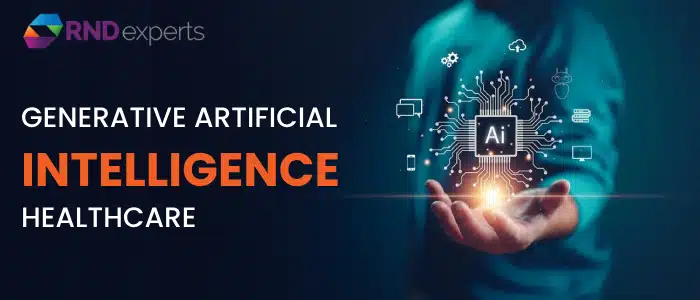Introduction:
In the ever-evolving world of technology, software development is undergoing a profound transformation. This transformation is being driven by the emergence of Generative AI, a groundbreaking technology that is revolutionizing the way software is created, tested, and maintained. In this blog, we’ll explore how Generative AI is ushering in a new era of software development.
The Rise of Generative AI
Generative AI, powered by advanced machine learning techniques like GPT-3 and its successors, has the capability to generate human-like text, code, and even design elements. This remarkable technology has found its way into the world of software development, offering developers a powerful ally in their quest to create efficient, reliable, and innovative software.
Automated Code Generation
One of the most significant impacts of Generative AI in software development is automated code generation. With the ability to understand and interpret natural language, it can take high-level descriptions of software requirements and turn them into functional code. This not only speeds up the development process but also reduces the likelihood of coding errors, making software more robust and secure.
Improved Testing and Debugging
It can assist in the testing and debugging phases of software development as well. It can generate test cases, identify edge cases that human developers might overlook, and even suggest fixes for bugs. This not only enhances the quality of the software but also saves valuable time and resources.
Accelerated Prototyping and Design With Generative AI
In addition to code, this can aid in the design and prototyping of software interfaces. It can generate user interface mockups based on textual descriptions, allowing developers to visualize their ideas quickly and iterate on designs more effectively. This streamlines the design process and helps create user-friendly software.
Continuous Learning and Improvement
Generative AI systems continually learn from vast amounts of data and can adapt to changing technology trends. This means that as the AI learns from the latest best practices and emerging technologies, it can suggest improvements to existing software and keep it up-to-date. This is especially valuable in the fast-paced world of technology, where staying current is essential.
Challenges and Ethical Considerations With Generative AI
While the benefits of generative AI in software development are undeniable, there are also challenges and ethical considerations to address. Ensuring the ethical use of AI, managing the potential for bias in generated code, and maintaining the role of human developers as decision-makers are some of the issues that need careful consideration.
Conclusion
It is ushering in a new era of software development, where automation, speed, and quality are taking center stage. By automating code generation, improving testing and debugging, accelerating prototyping and design, and continuously learning and improving, Generative AI is helping developers create better software faster.
However, it’s essential to navigate the ethical and practical challenges that come with this technology to ensure that it benefits both developers and end-users. As we move forward, the collaboration between human developers and Generative AI promises to reshape the software development landscape for the better.






